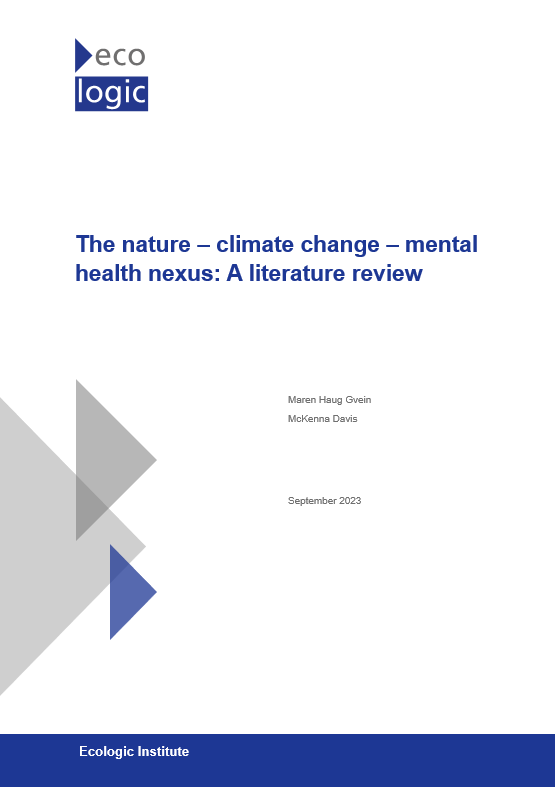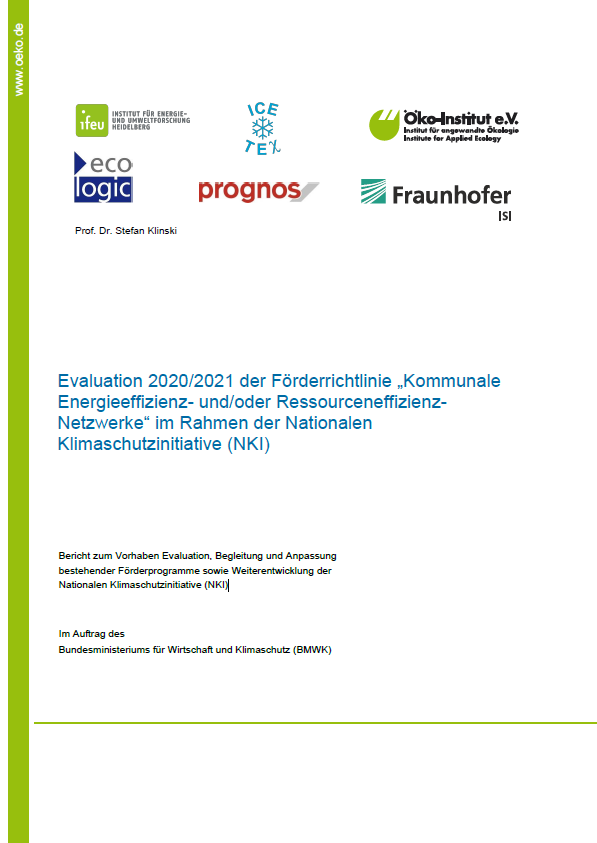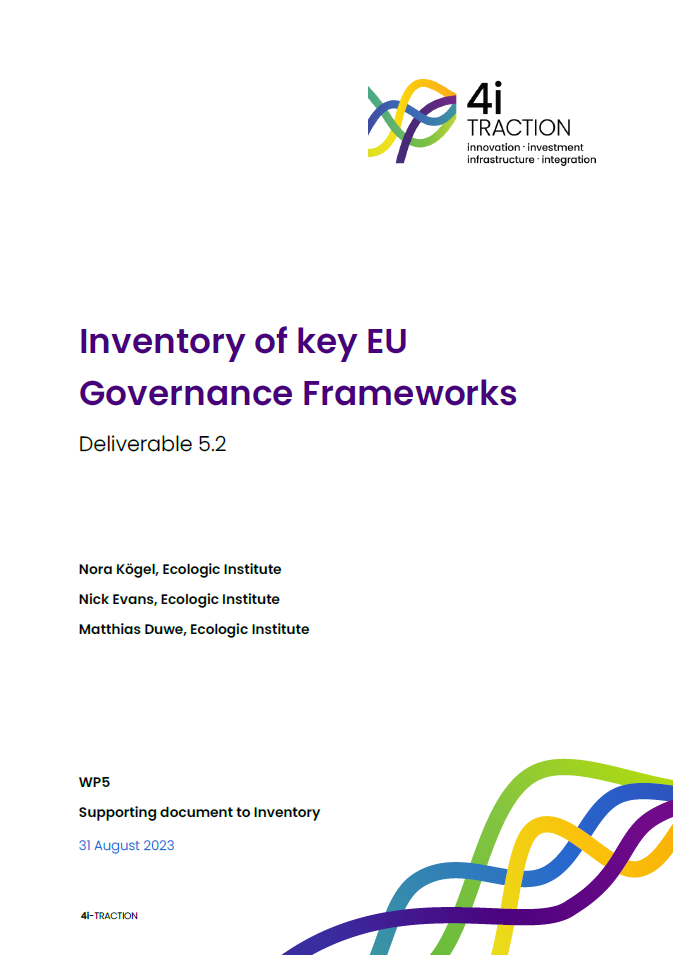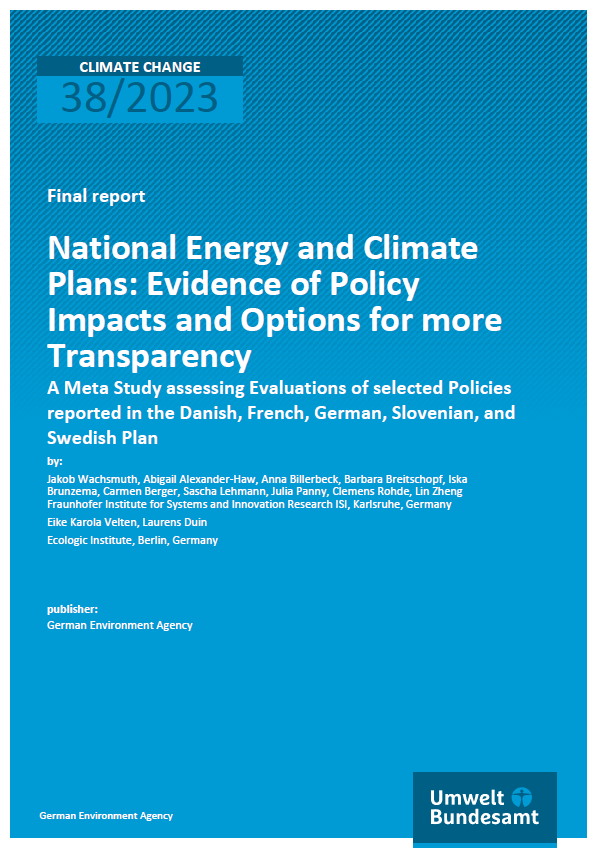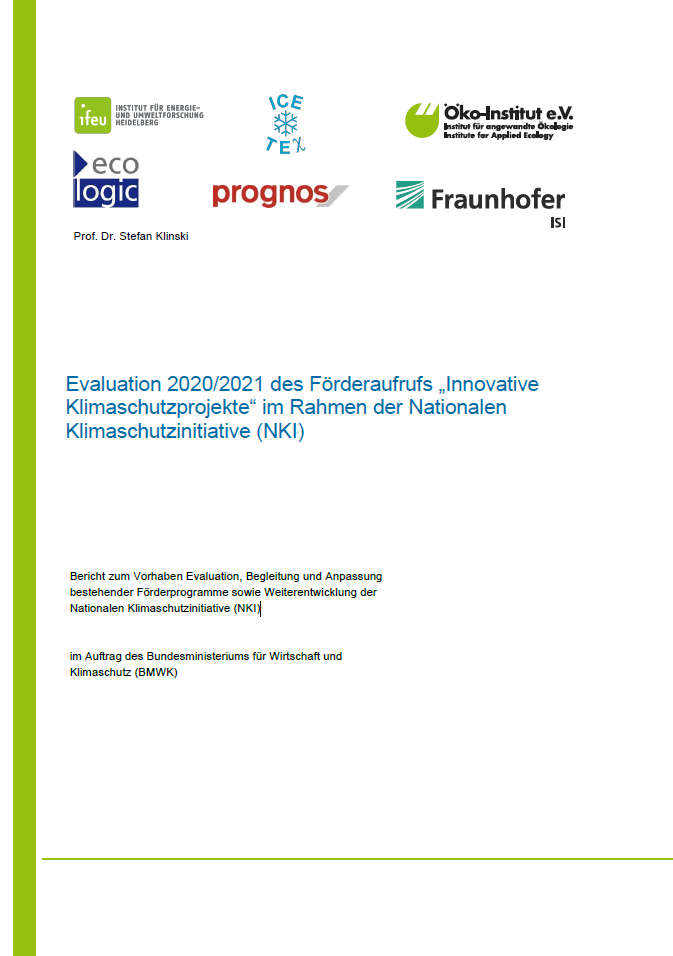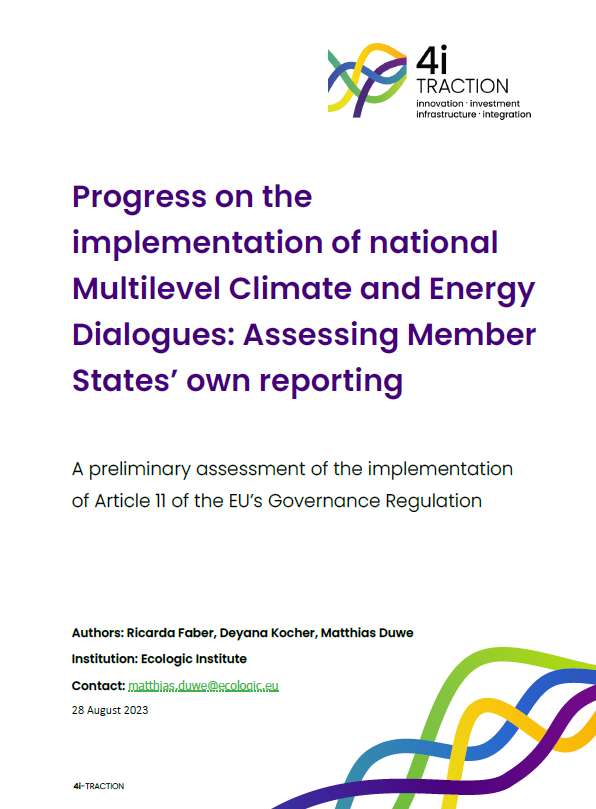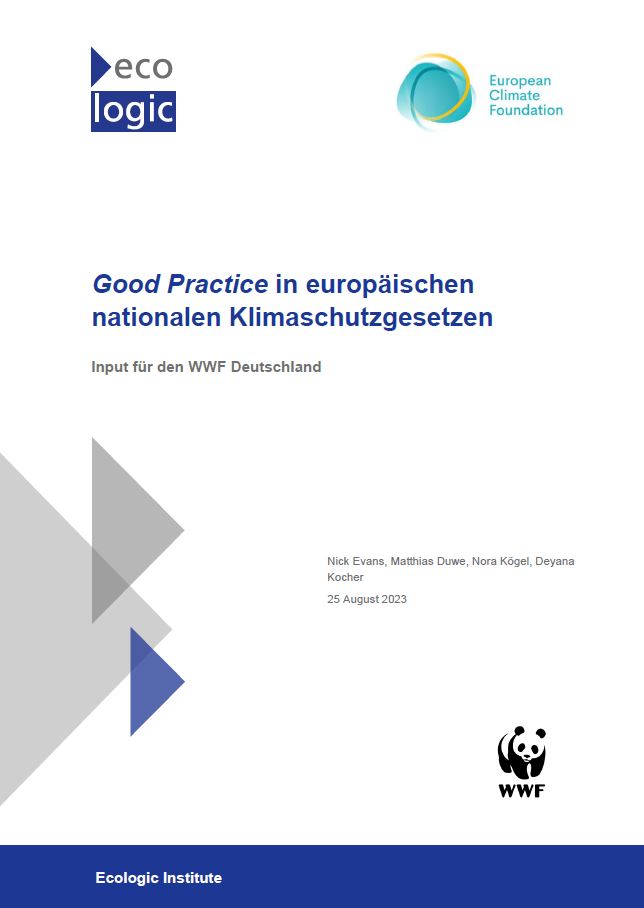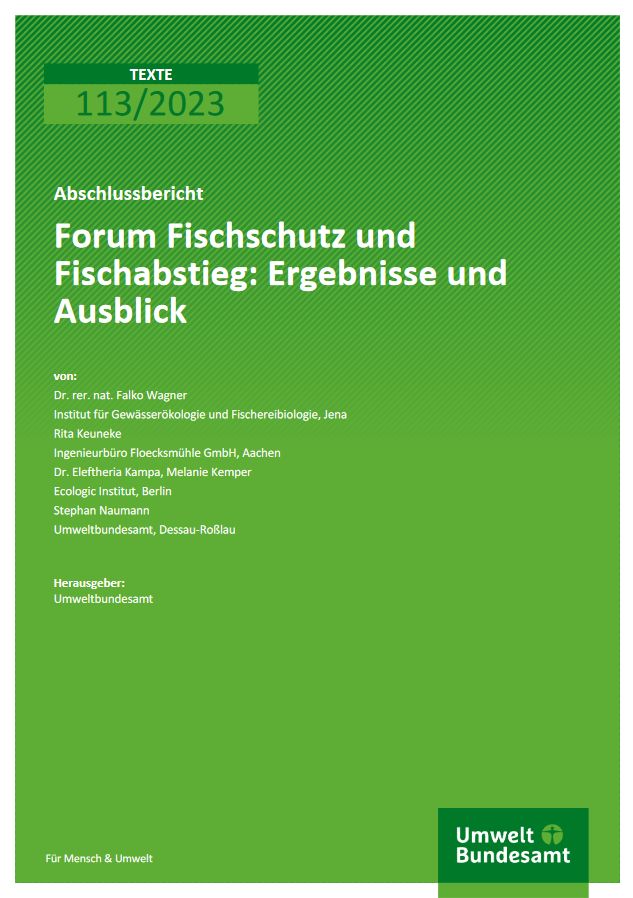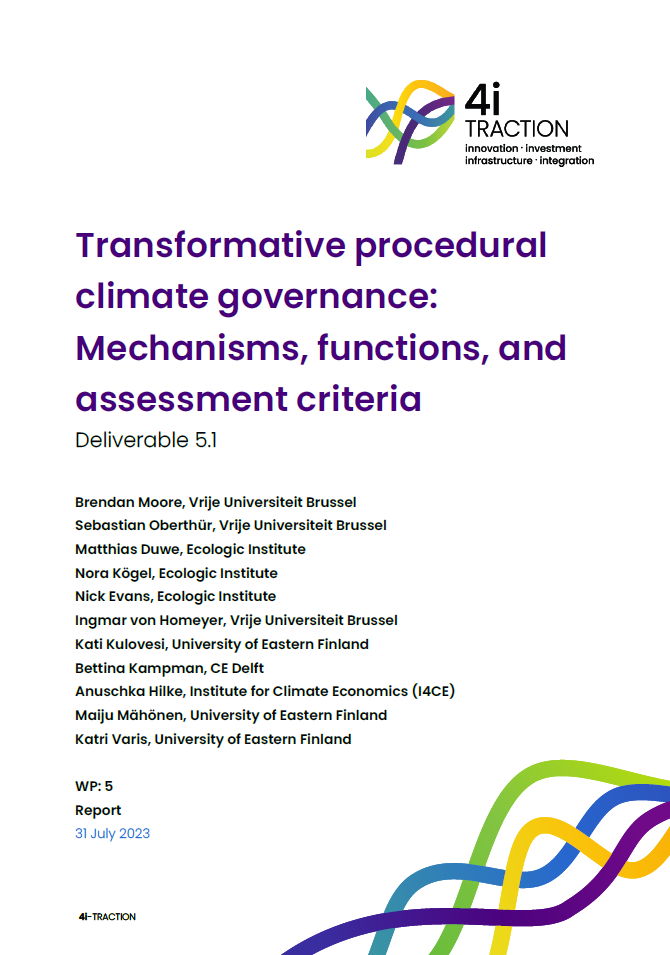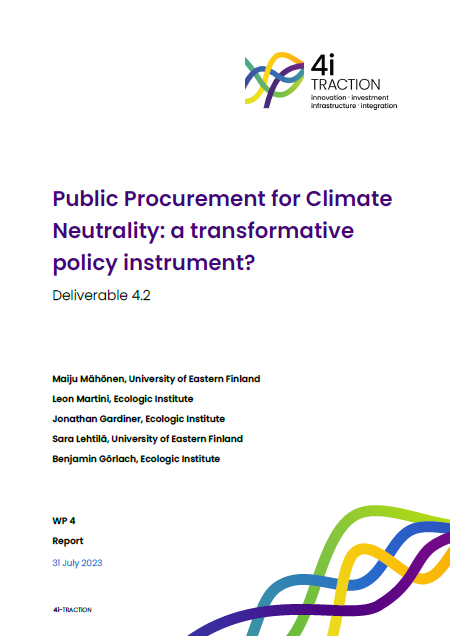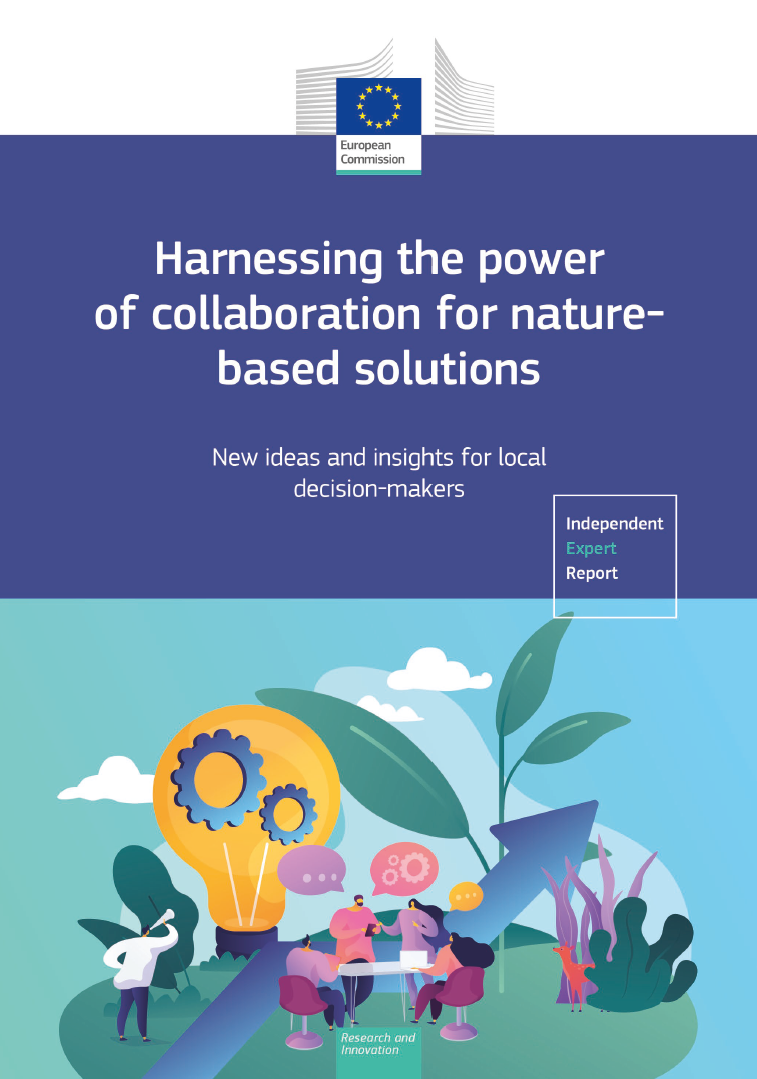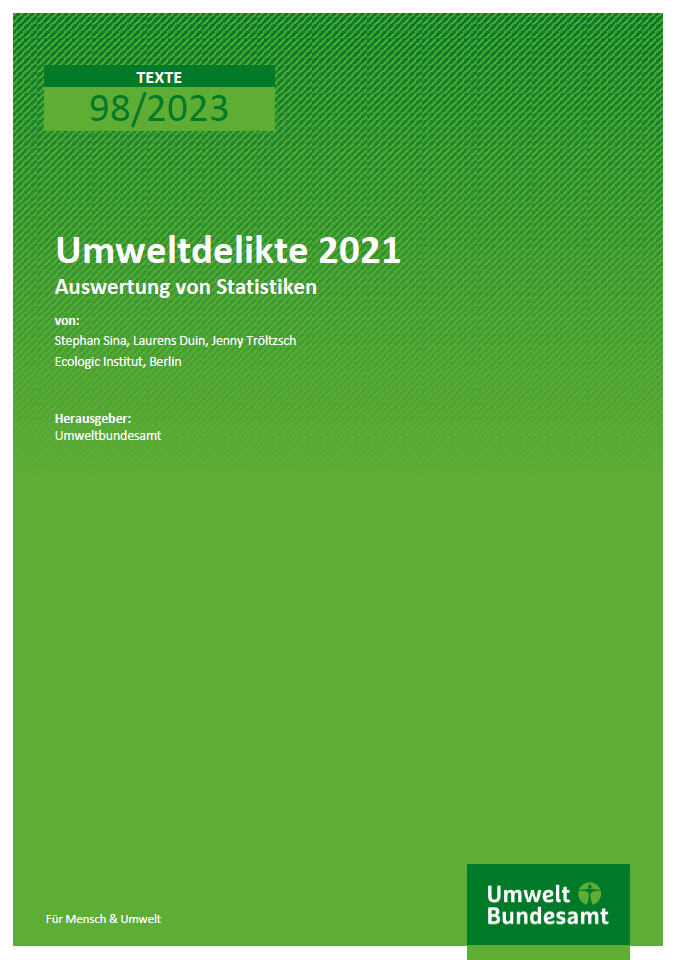Publication:Report
Publication:Report
Evaluation "Masterplan 100% Klimaschutz" der Nationalen Klimaschutzinitiative
Masterplan municipalities initiate transformation processes.
Year
Read morePublication:Report
Publication:Report
Publication:Report
Publication:Report
Publication:Report
Publication:Report
Good Practice in europäischen nationalen Klimaschutzgesetzen
Input für den WWF Deutschland
Year
Read morePublication:Report
Publication:Report
Eckpunkte zur Entwicklung einer Klimaaußenpolitikstrategie Deutschlands
Ariadne-Hintergrund
Year
Read morePublication:Report
Transformative Procedural Climate Governance
Mechanisms, functions, and assessment criteria
Year
Read morePublication:Report
Publication:Report
Designing the EU 2040 Climate Target
Political context, level of ambition, implications for Member States and sectors
Year
Read morePublication:Report
Harnessing the Power of Collaboration for Nature-based Solutions
New ideas and insights for local decision-makers
Year
Read morePublication:Report
